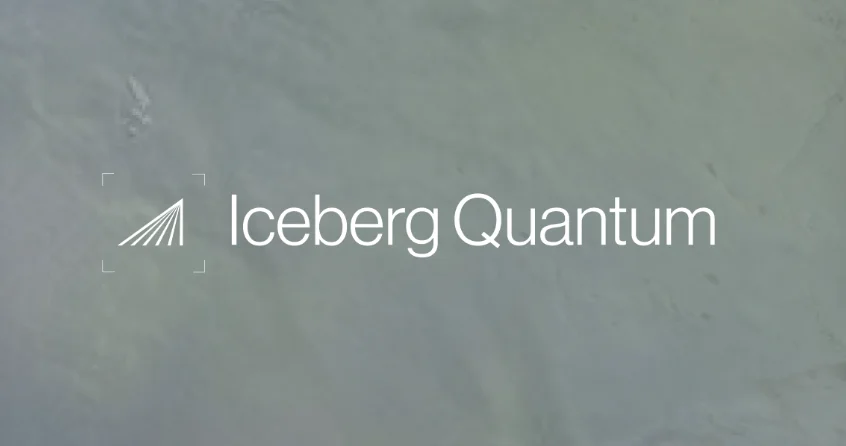Insider Brief
- A Virginia Tech-led research team aims to enhance quantum computing by creating algorithms tailored to specific problems and quantum computers, potentially accelerating their usefulness.
- The Department of Energy has awarded the team a $5 million grant to implement these adaptive algorithms across different types of quantum machines over the next five years.
- The project will focus on applications in chemistry, machine learning, and materials physics, offering potential advancements in drug design, energy solutions, and more.
PRESS RELEASE — Becoming useful is the next key chapter in the quantum coming-of-age story.
Quantum computers have yet to outperform today’s computers on problem-solving tasks, but a Virginia Tech research team has a plan to bring this next milestone closer: applying an algorithm that can be tailored simultaneously to different types of quantum computers and to specific problems being solved.
Earlier this month, the Department of Energy awarded the interdisciplinary, multi-university team a five-year, $5 million grant to put this plan into action.

Quantum computers process information in a fundamentally new way. By drawing on the counterintuitive behavior of physics at the quantum level, algorithms for certain types of computations run exponentially faster. And while the technology is advancing rapidly, it’s in its early days yet.
“We have moderately sized quantum processors that can do all sorts of things, but we’re still not at the stage where they can have an impact on an important problem, whether it be related to drug design or energy harvesting or something else,” said Ed Barnes, Virginia Tech professor of physics and the principal investigator of this project.
What’s the holdup? In large part, clunky algorithms.
“Existing quantum algorithms are designed to run on a universal quantum machine, but we think there will be a long-term middle ground where we use different quantum computers depending on the problems we are trying to solve,” said Barnes, the Roger H. Moore and Mojdeh Khatam-Moore Dean’s Faculty Fellow.
One of the most common types of quantum computers, for instance, is based on electronic circuits made from superconducting materials. Another platform is based on nanostructures fabricated in silicon, and still another uses atoms that are trapped and controlled by light.
Distinct in function and form, these quantum machines may be better suited for solving different types of problems. By the same token, different algorithms may run better on different machines — and this is the crux of the Virginia Tech approach.
“Quantum computers are very diverse,” said physics Professor Sophia Economou, who directs the Virginia Tech Center for Quantum Information Science and Engineering. “If you write a program, you can’t really ignore the physics or the engineering that’s going on under the hood if you want to get the best performance.”
To improve performance, Barnes, Economou, and Nick Mayhall of the Virginia Tech Department of Chemistry are leveraging an approach the three of them have pioneered over the past few years that focuses on improving algorithms for near-term quantum applications.
With this work as a launchpad, the researchers teamed up with Sumeet Khatri in the Virginia Tech Department of Computer Science along with Alexander Kemper from North Carolina State University and Murphy Niu from the University of California, Santa Barbara.
Over the course of the project, the team will expand the adaptive algorithm to account for quantum computing hardware and design it to tailor itself to the problem it’s intended to solve, which will allow the computer to reach a solution faster.
The team will be testing their approach in three main application areas: chemistry, machine learning, and materials physics.












